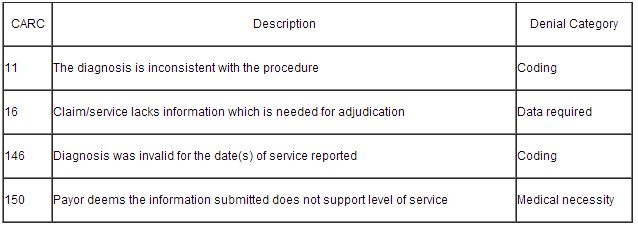 ICD-10 Implementation will Impact Your Revenue Cycle
ICD-10 Implementation will Impact Your Revenue Cycle
By Sou Chon Young, Senior Healthcare Consultant, Hayes Consulting Management
Twitter: @HayesManagement
ICD-10 is a game changer
There is no doubt that ICD-10 is going to change the healthcare system substantially and will impact your revenue cycle and cash flow. The amount of work to convert to ICD-10 is considerable. While tempting to approach this transformation as another in a long list of “to do’s”, I suggest looking at it as an opportunity to improve your revenue cycle. ICD-10 will not only provide more detail for clinical coding, but healthcare organizations should use this opportunity to review business processes and optimize operations. By building a “safety net” you can minimize your risk to cash flow and reimbursement by using your electronic remittance advice (aka 835) files.
Unlock the secret to obtaining meaningful information
Leverage your 835 files to help build a safety net by capturing data sent directly from payors to analyze reimbursements and denials once you transition to ICD-10. Converting the 835 data into meaningful information will help you to determine which areas you need to focus on post-ICD-10. It will help remediate any reimbursement and/or denial issues.
Record benchmarks for your organization’s with clinical and documentation related denials. For example, look at medical necessity:

Act now and reap the benefits later
As the industry has learned, the claim adjustment reason codes (CARCs) are not enough to clearly communicate the reasons for denials or reimbursements. The standards committee has added and required remittance advice reason codes (RARCs) to provide details and supplemental information when the CARC is not sufficient.
Clients are leveraging the CARCs and RARCs from the 835s to help with their denial management. This will be even more critical as the industry transitions to ICD-10 since there will most likely be an increase in denials and disruptions to cash flow.
If your organization has not yet implemented it, the 835 file is even more critical than ever before. Not only does it help automate your payment posting, but it will also reduce errors and provide data to help with denial management. This is in turn will enable an analysis of how ICD-10 impacts your reimbursements and denials, so leverage those 835 files to help build your ICD-10 safety net.
This article was originally published on Hayes Management Consulting and is republished here with permission.
